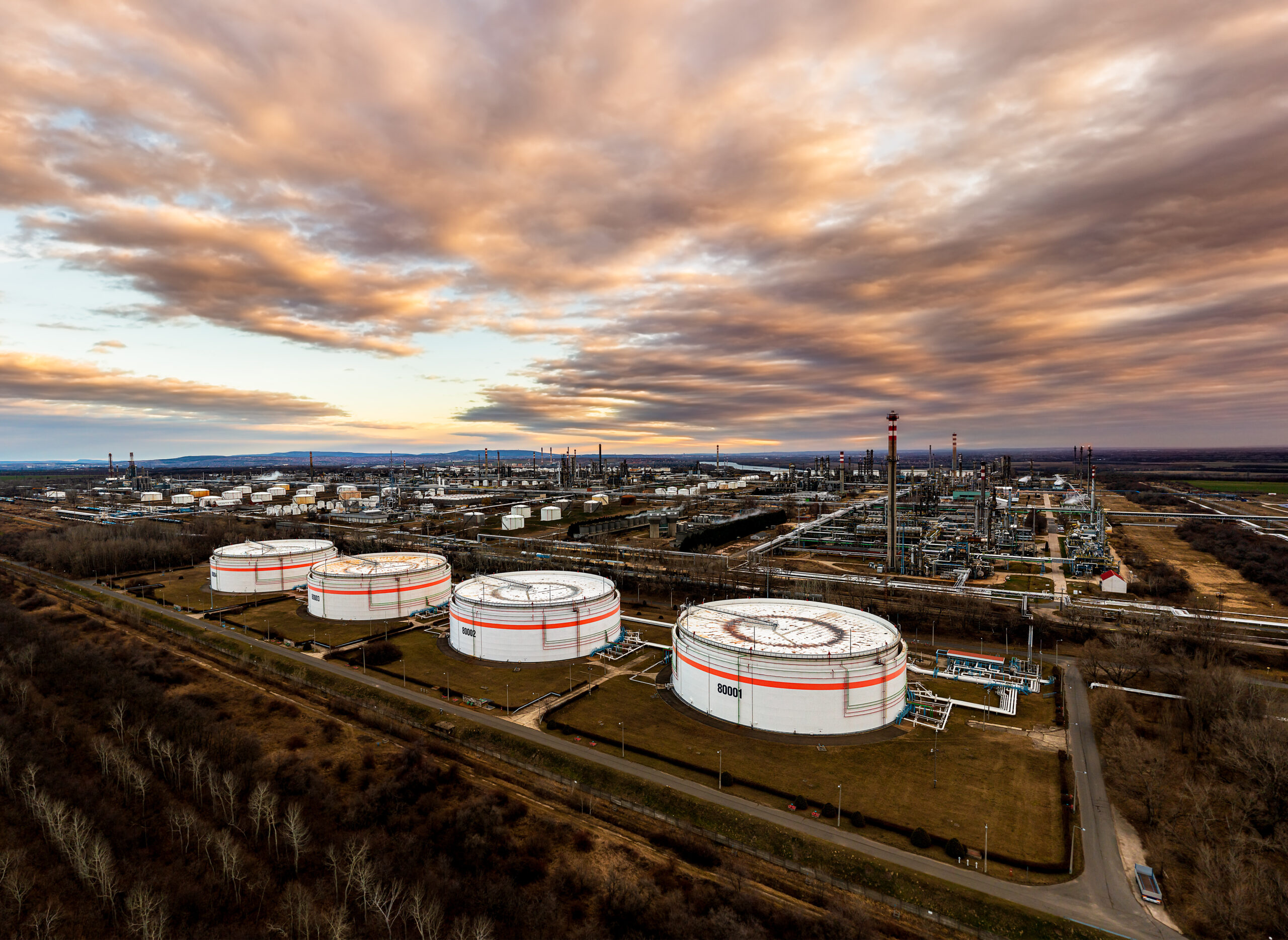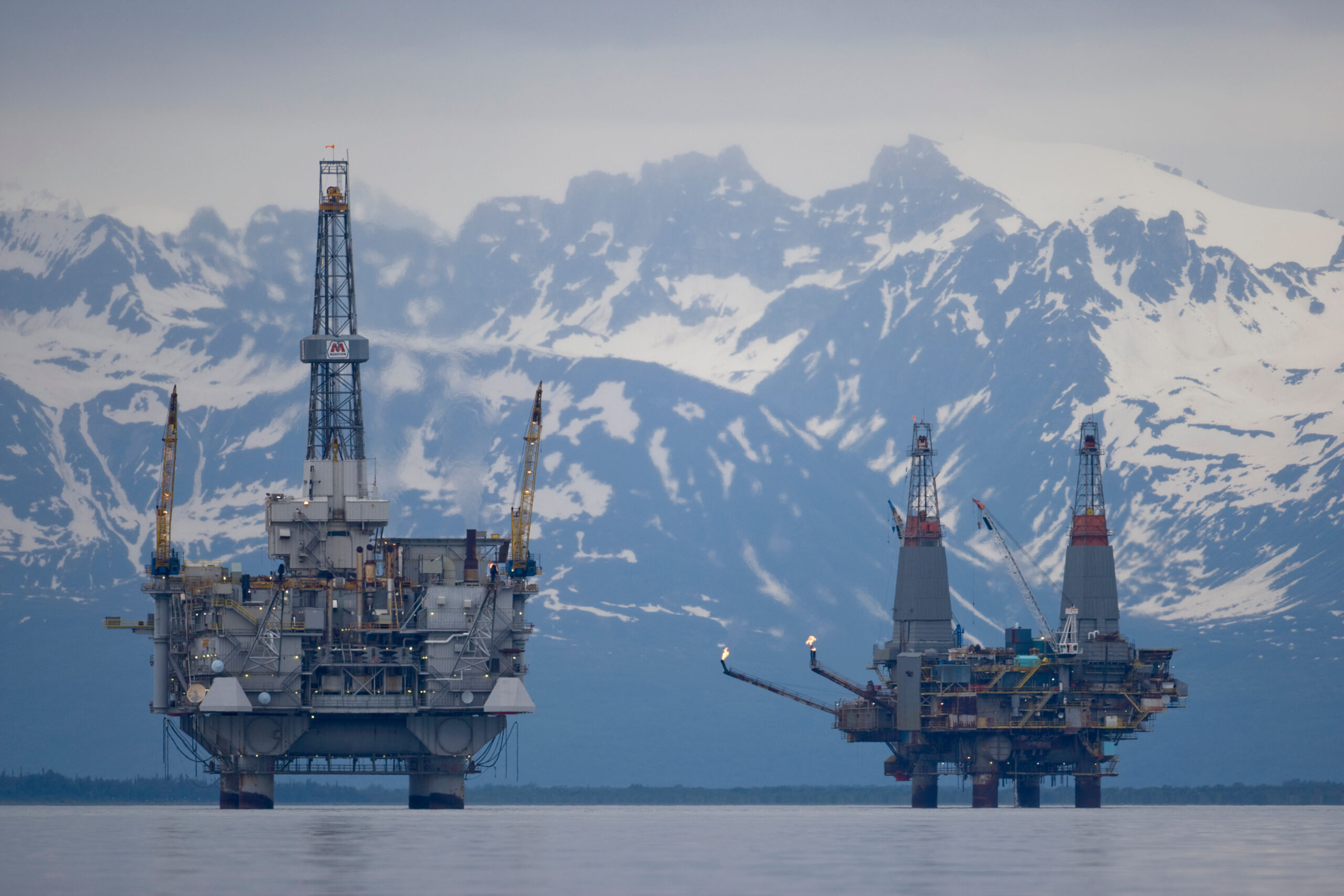IEA: Cuts to methane emissions from oil and gas essential for climate
The Paris-based International Energy Agency said that the fossil fuels sector is not doing enough to cut methane emissions from oil and gas. Rapid cuts would yield enormous climate benefits.

Rapid cuts to methane emissions from the oil and gas sector could shave off 0.1 degrees Celsius of global warming by mid-century, greater than the emissions impact of immediately taking all cars and trucks off of the road, according to a new report from the International Energy Agency (IEA).
Methane is an extremely powerful greenhouse gas, more than 80 times more powerful than carbon dioxide over a 20-year period. Methane seeps out of gas pipelines, compressor stations, LNG export terminals, and even from home appliances. It also is released at drilling sites, where gas is flared or vented by oil and gas companies during the production process.
Methane is responsible for about 30 percent of the increase in global temperatures since the Industrial Revolution.
“Reducing methane emissions from the energy sector is one of the best – and most affordable – opportunities to limit global warming in the near term,” IEA Executive Director Fatih Birol said in a statement. The IEA’s latest methane report was released on October 11.
Slashing methane emissions has been repeatedly described by the IEA and others as the “low-hanging fruit” of climate action. Because of its potency, quick action would lead to rapid payoffs in terms of averting planetary warming in the near-term.
In the U.S., the oil and gas industry has repeatedly argued that regulatory or punitive taxes on methane are not needed because industry-led voluntary efforts would be sufficient. In recent years, there has been some progress, but not nearly enough. A report from Clean Air Task Force finds that there is a huge gap between oil and gas companies that are laggards versus others that are demonstrating improvement. The U.S. government is tightening methane regulation and is preparing a fee on methane emissions on oil and gas operators, but it hasn’t yet taken effect.
Globally, methane emissions continue to rise. IEA data shows that the energy sector was responsible for 135 million tonnes of methane emissions in 2022, an increase from the year before.
Crucially, dramatic cuts in methane emissions would not be expensive, with costs offset by the proceeds from extra sales of the captured gas.
“Investments in maintenance and operational changes that prevent methane from leaking into the atmosphere are a fraction of profits made from fossil fuels. This is in stark contrast to the cost of inaction, from crop productivity losses, to impacts on human health and the economy,” said Inger Andersen, executive director of the United Nations Environment Programme. “We know what to do, we have the means to do it.”
The IEA said that the public health benefits would also be significant. Methane reduction could prevent nearly 1 million premature deaths due to ozone exposure, avoid 90 million tonnes of crop losses, and about 85 billion of labour hours lost due to extreme heat by 2050.
“There is a support-system in place to help countries develop roadmaps, policies, and regulations, and to provide countries and companies with credible data to drive emissions reductions,” Andersen said. “We must do it now.”



